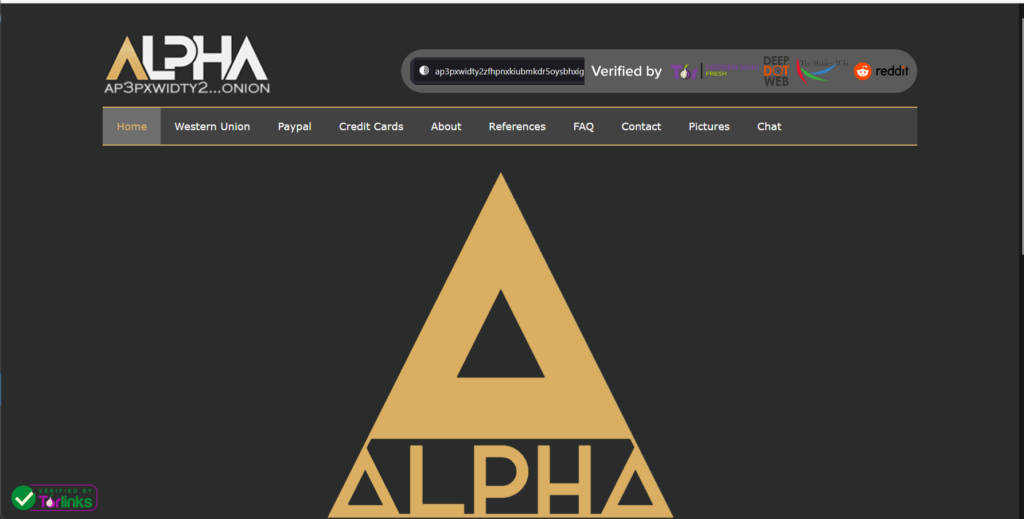Table of Contents
ToggleAlphacards – TOR Scam Report (1)
Onion Link: http://ap3pxwidty2zfhpnxkiubmkdr5oysbhxigpt64lqkb7wdmlzuxwdc2id.onion
Scam Report Date: 2024/05/03
Client Scam Report Breakdown
Original Report Summary:
In this report, the client discusses a scam encountered on a Tor-based marketplace site that claims to have been active since 2016. However, the suspicious activity begins with the observation that all customer reviews on the site are dated no earlier than 2023, raising red flags about the site’s authenticity. The client mentions that they purchased a PayPal service through an escrow service recommended by the site, only to have their money vanish while in escrow. This situation suggests a broader scam network operating under the guise of legitimacy.
By citing the original scam report, we can see that the inconsistency between the marketplace’s claimed operational history and the more recent customer reviews suggests falsified or fabricated reviews. The term “escrow” here refers to a third-party service meant to hold payment until the agreed-upon goods or services are delivered, but in this case, the escrow appears to be part of the scam. The site claims legitimacy based on its tenure, but the absence of historical reviews points toward fraudulent activity.
Defining the Scam Structure
The client refers to the scam as a “chain-structured scam site,” which highlights the interconnected nature of the fraudulent activity. Upon further investigation, the user found that this site is linked to a network of other deceptive entities, including platforms like DeepSearch and Banner Torlink, as well as a so-called Scamlist, all of which create the illusion of trustworthiness through fake verifications and recommendations. In this case, the escrow service, which should be a neutral third party, was part of the fraud, making it impossible for the buyer to recover their funds.
In this context, “chain-structured” refers to a network of interconnected scam sites or services that reinforce each other’s legitimacy. DeepSearch and Banner Torlink appear to be part of this scam ecosystem, with Scamlist acting as a fake verification entity. “Fake-verified” refers to listings or vendors falsely marked as trustworthy, likely to deceive potential customers. These fake verifications add another layer of trust to the scam, trapping users into thinking they are engaging with legitimate businesses.
Communication and Escalation of the Scam
The client also points out something unusual about the communication with the so-called verified vendors. When reaching out to these vendors via email, all replies came in a similar format, suggesting that either the same individual or a bot was managing multiple fraudulent vendor accounts. This creates the illusion of diversity and choice among sellers, but in reality, all communications lead back to the same source, further indicating a well-organized scam network.
The fact that all vendor emails had the same format is a key indicator of fraud. This uniformity implies that the various vendors listed on the site may be controlled by a single entity, or at the very least, they are part of the same scam operation. The term “so-called verified vendor” refers to accounts that are purportedly vetted for legitimacy, but in fact, they are simply part of the broader scam. This consistency in communication style demonstrates a deliberate attempt to defraud users by creating the illusion of multiple, independent sellers when all are part of the same fraudulent chain.







